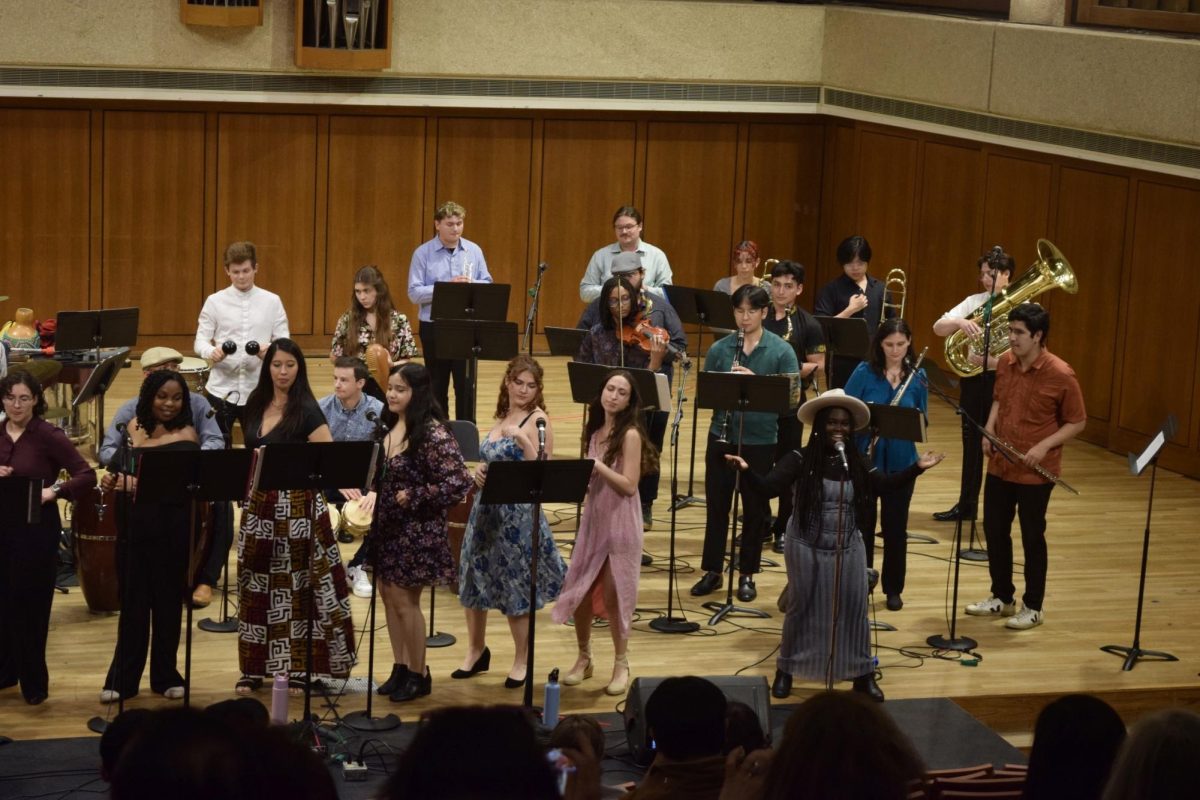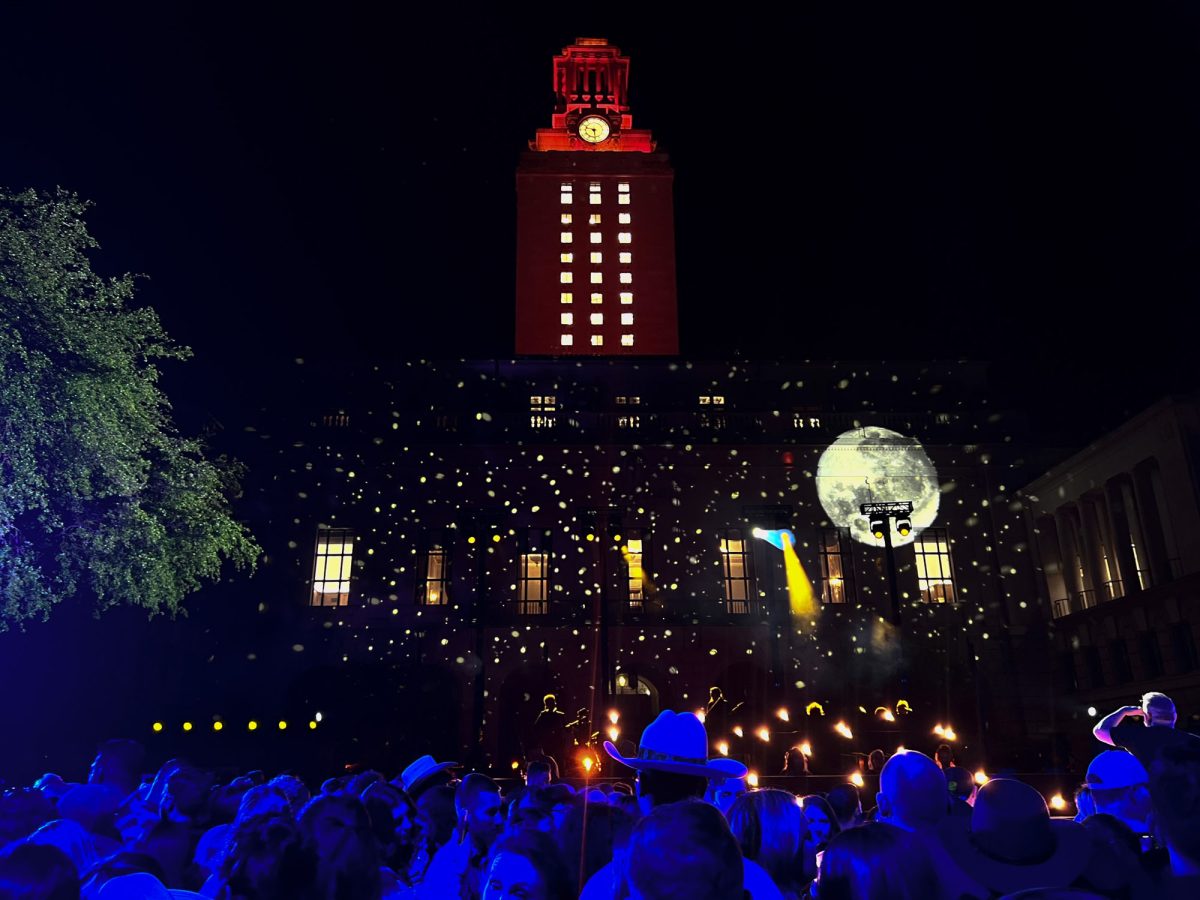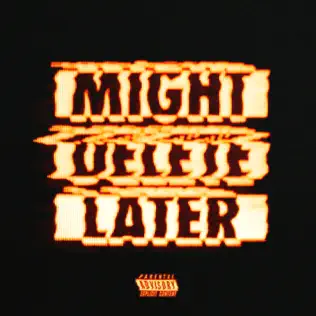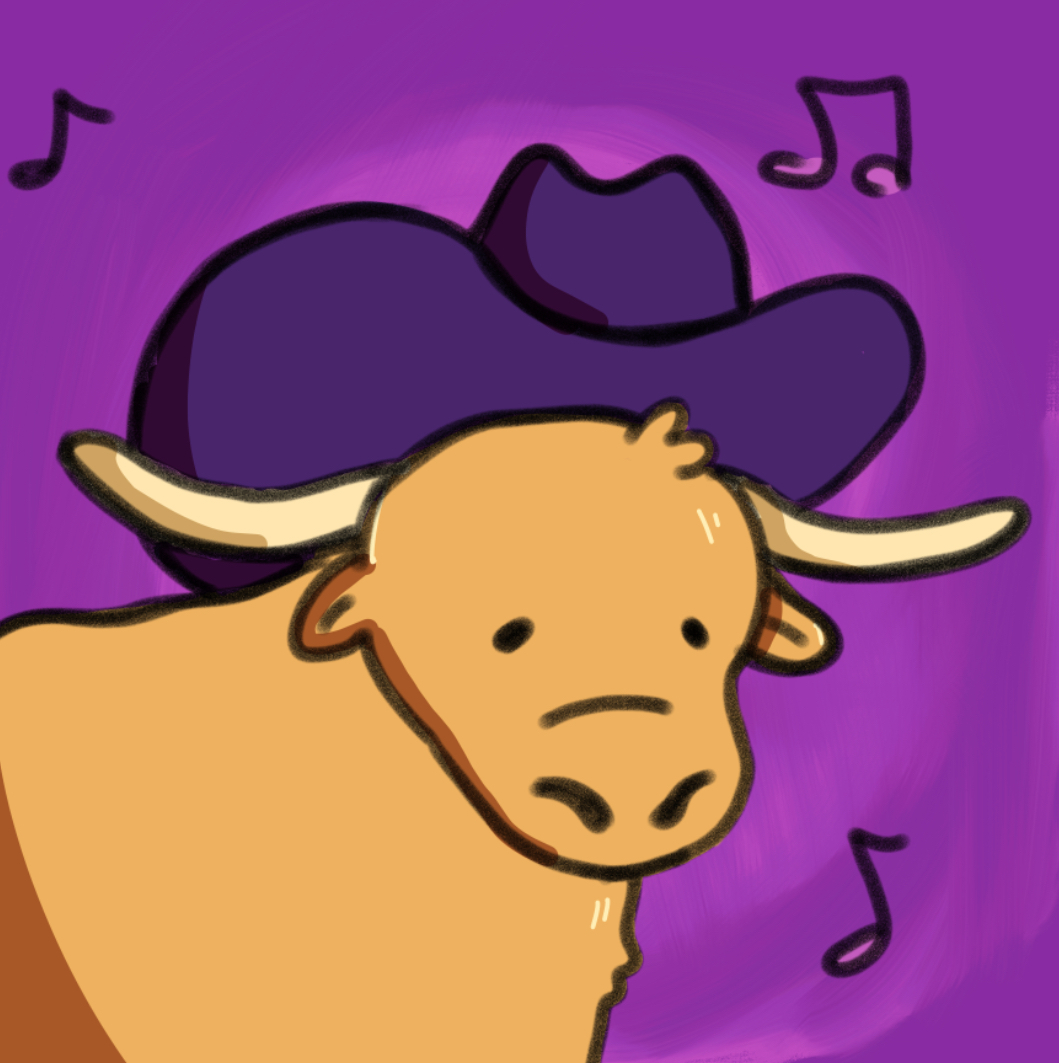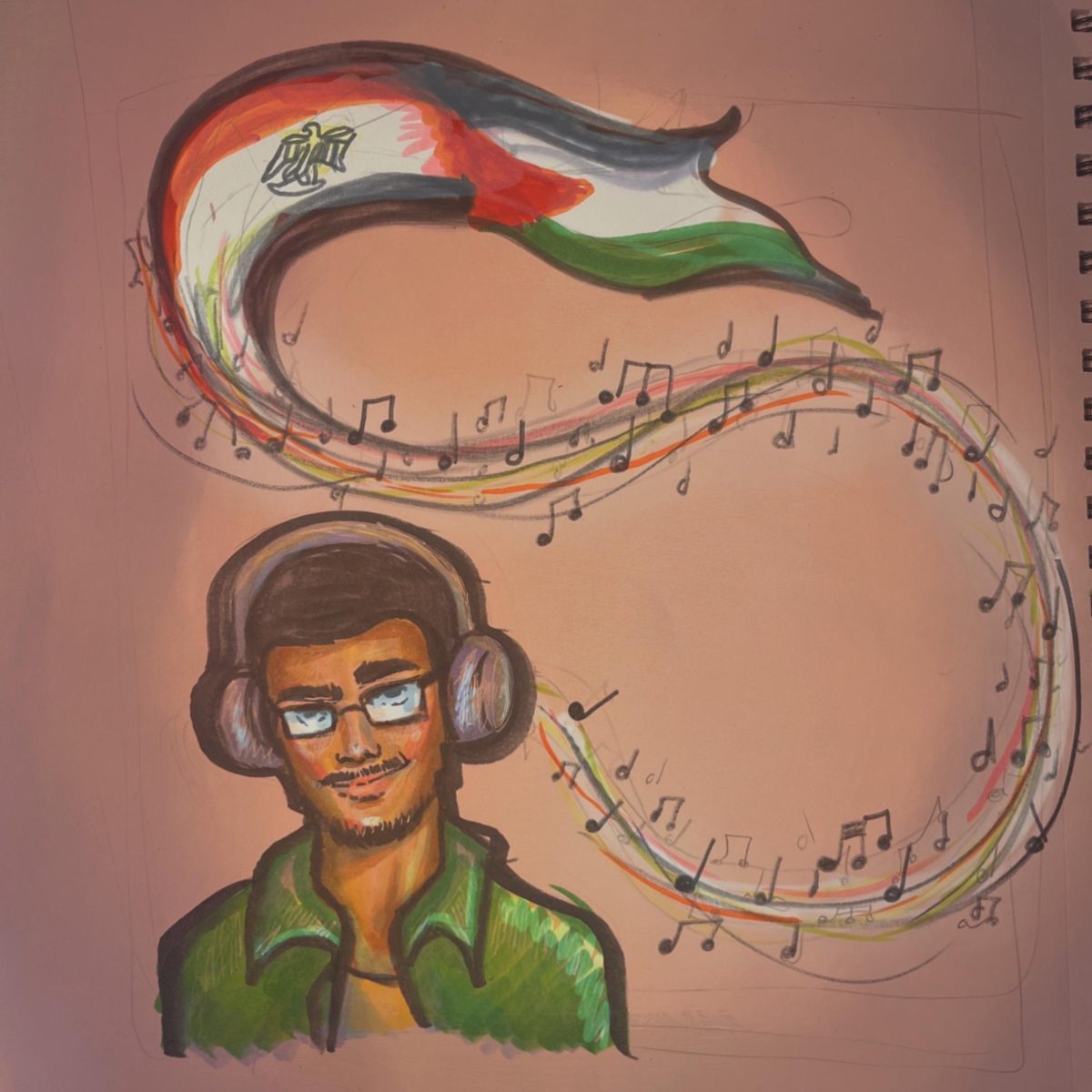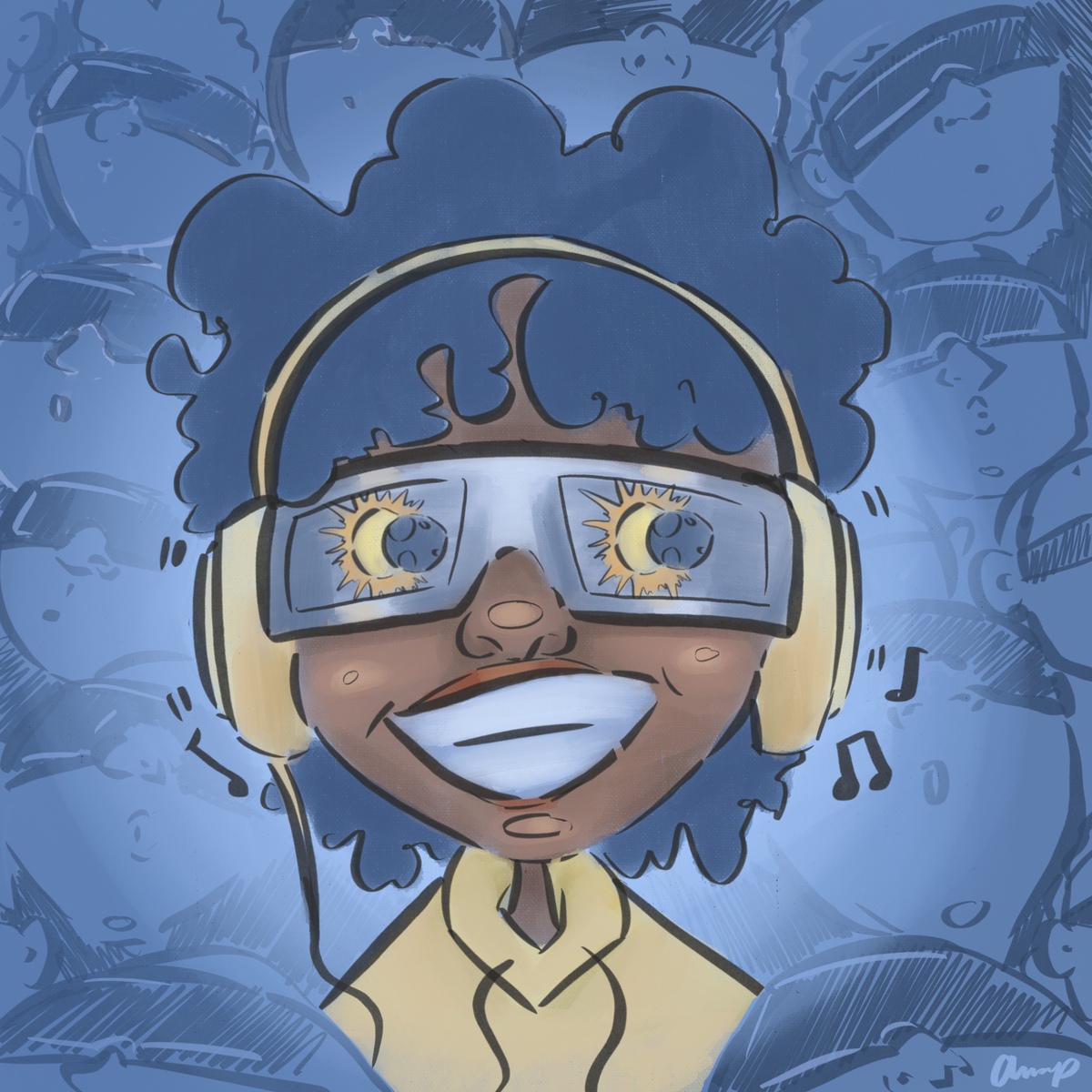Nineties feminist punk band Bikini Kill helped shape the “riot grrrl” movement. Bassist Kathi Wilcox has reunited with Bikini Kill singer Kathleen Hanna to form The Julie Ruin, a new punk act that released its first album Run Fast this September. The Daily Texan spoke with Wilcox before her Fun Fun Fun Fest performance this weekend about the new band.
The Daily Texan: Run Fast has a really varied sound. What are your favorite songs to play from it?
Kathi Wilcox: I really like playing Run Fast. That one is always fun. We have to do that one at the end though, because it kind of blows out Kathleen’s voice. Some of them are harder than we thought because some of them we wrote in the studio and layered all the background vocals on it in the studio and when we went to play it live we were all like, “Oh, these are a little harder than we thought to pull off live.”
DT: Was it a tough decision to join The Julie Ruin with Kathleen?
KW: It wasn’t. I mean the only thing to think about was that I had never met any of the other people in the band when she asked me. She just told me she was playing music with other people, and I had no idea who they were, and she just kind of pushed me like this was some casual project band that she was doing.
DT: Do you think women in music, especially punk rock bands, still face the same issues that you did in the ‘90s?
KW: Well, I hope not. You know, I hope that things have changed, but it’s hard for me to say because we’ve only done the touring that we’ve done, and it’s such a different time. It’s a different scene, and so much has changed that I hope it’s not the same. There are always going to be jerks. That’s just life. But I think it’s changed in the sense that it’s much more normal for girls to be on tour, for women to be playing music. Hopefully, that’s the case. That seems to be how it is, but I don’t know.
DT: I think some of the best bands I’ve seen this year have all been led by women.
KW: Yeah, and it doesn’t have to be discussed all the time that they’re women. It’s not this huge issue. I mean, if it’s important to them and they talk about it, then it can be written about. But it doesn’t have to be the first thing that comes up. It’s just kind of a given that this is another band, you know what I mean?
DT: Is that something you see as a natural progression or evolution of this idea?
KW: That’s kind of the ideal right? It doesn’t have to be an issue for people, unless it’s important to their artwork, but it doesn’t have to be the first thing people talk about. I feel like that was something Carrie Brownstein said a lot about Sleater-Kinney. Everybody was always asking her, “What does it feel like to be a woman in music, a woman in rock?” and she was like, “This is how it feels. It feels like you asking me that question and me being asked that question over and over.” You know where she was like, “I just want to talk about playing guitar, or my pedals, or what my lyrics mean. I don’t want to always have to talk about what does it feel like to be a woman in a band,” or something like that.
DT: Do you agree with the general consensus that today’s generation is much more apathetic than you were in the ‘90s, or do you find that to be a misconception?
KW: There’s no way to know that (laughs). I don’t think so. People thought our generation was really apathetic, too, so it depends on who you’re talking to or what community you’re talking about. I don’t think so. I think there’s lots of things going on with young people. I don’t think they’re apathetic at all.
DT: What would you personally want your legacy as a musician to be?
KW: I don’t know. Maybe just helping to make some people feel more included, or represented or something like that.















